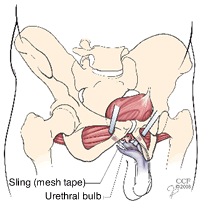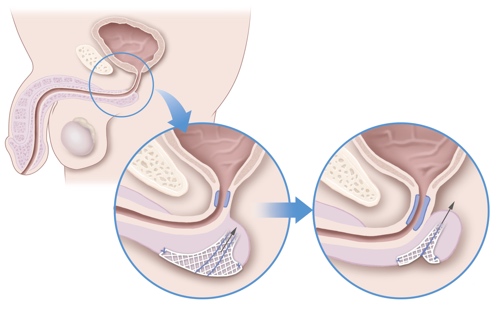Laser Surgery For Male Incontinence

Facog fpmrs board certified.
Laser surgery for male incontinence. This procedure is best for men with mild to moderate urinary incontinence wetting one to three pads per day or less. Minimally invasive robotic laser surgery for incontinence by marja sprock m d. A doctor puts a small fluid. Great strides have been made in changing big abdominal surgeries to laparoscopic or robotic surgeries.
An artificial sphincter the muscle that opens and closes your bladder is one option for treating urinary incontinence if it s caused by an enlarged prostate. Urinary incontinence after green light laser. Most options for urinary incontinence surgery treat stress incontinence. The goal of surgery is to improve bladder function.
Results are often long lasting. The advantage is smaller scars quicker recovery time. In men who had a large median lobe these symptoms may be a result of irritability of the bladder trigone that can occur after surgery. Prostate laser surgery improves urinary flow for most men.
The answer to this question depends on the degree of incontinence and the time period after surgery. See your doctor if you notice any worsening urinary symptoms. At nyu langone doctors often recommend surgery for men with certain types of male urinary dysfunction including benign prostatic hyperplasia and stress incontinence that s caused by prostate surgery rarely surgery is required to treat neurogenic voiding dysfunction. However low risk surgical alternatives are available for other bladder problems including overactive bladder also called urge incontinence or urgency frequency syndrome.
Some men may develop urinary incontinence after treatment with greenlight laser for enlarged prostate. Male incontinence surgery incontinence is a common problem for men after surgery for prostate cancer or enlarged prostate and may also affect men with nerve damage or an overactive bladder. The medical technology advances rapidly. Sometimes the laser surgery doesn t remove all of the prostate tissue blocking urine flow or the tissue grows back and further treatment is needed.
If incontinence persists for more than a year corrective surgery may be recommended.













































